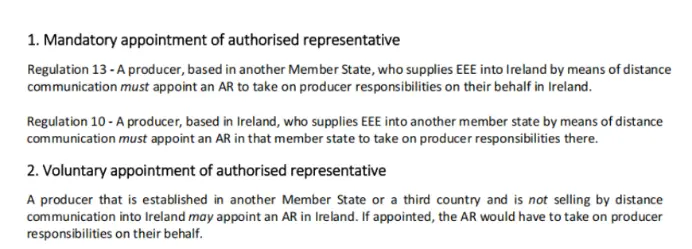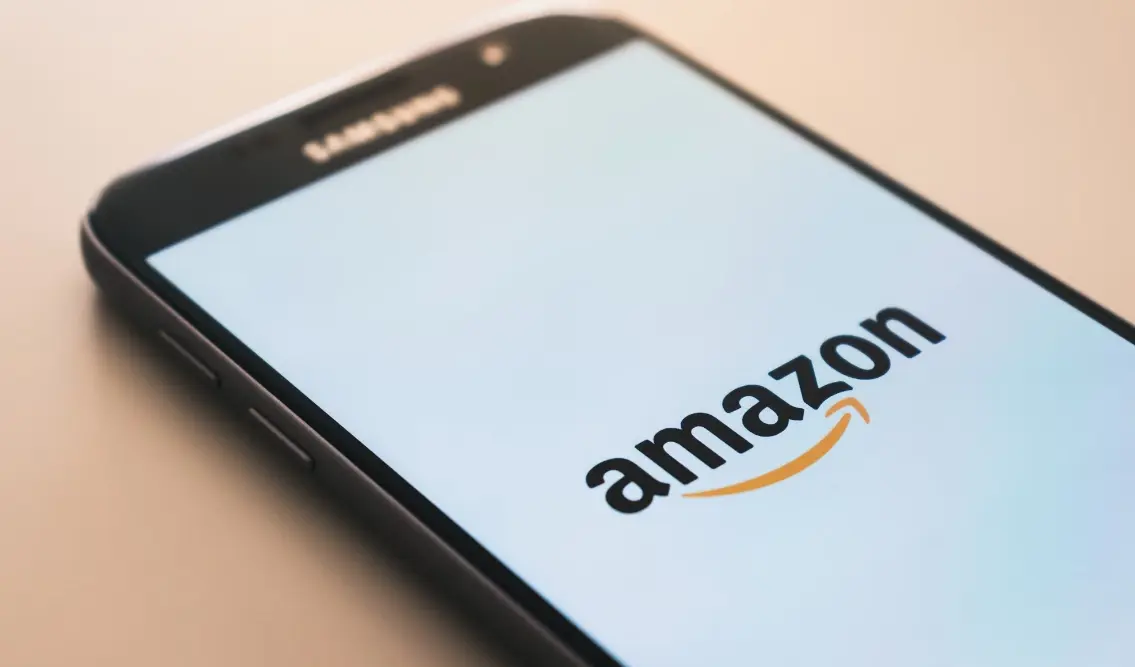
Footwear Testing Laboratory
With the continuous expansion of the global footwear market, Europe and the United States, as the main consumer markets, have increasingly stringent requirements for the quality, safety, and environmental sustainability of footwear products. To ensure that products meet local regULations and market standards, footwear manufacturers and exporters must rely on professional European and American testing laboratories for compliance testing.

JJR LaBIS an organization dedicated to providing testing, certification, and technical consulting services for footwear products. Its main functions include:
1. Ensuring Compliance— Testing footwear to ensure it complies with the laws and regulations of regions such as the European Union (REACH, CE) and the United States (CPSC, ASTM).
2. Improving Product Quality— Conducting mechanical, cheMICal, and physical tests to ensure the durability, comfort, and safety of footwear.
3. REDucing Trade Risks— Avoiding returns, fines, or bans resulting from non-compliance with market standards.
4. Enhancing Brand Competitiveness— Obtaining internationally recognized certifications such as OEKO-TEX® and Bluesign®, thereby increasing consumer trust.
Footwear Testing Categories
Footwear testing covers multiple aspects to ensure compliance in different markets. Common testing categories include:
1. Chemical Testing (REACH, cpsia, etc.)
- Restricted Substance Testing:Detecting heavy metals (lead, cadmium, mercury), phthalates (plasticizers), formaldehyde, azo dyes, and more.
- reach compliance:Ensuring footwear materials comply with EU restrictions on hazardous substances (SVHC).
- CPSIA:U.S. regulations that limit lead and phthalate content in children’s footwear.
2. Physical and Mechanical Testing (Durability and Safety)
- Abrasion Resistance Test:Such as the Taber abrasion test to evaluate wear resistance.
- Tear Strength Test:Measuring the resistance of upper materials to tearing.
- Slip Resistance Test:Measuring the friction coefficient under wet and dry conditions.
- Heel and Fastener Strength Test:Ensuring the structural integrity and safety of shoes.
3. Biological and Microbial Testing
- Antibacterial and Odor Control Testing:Evaluating the antibacterial and deodorizing performance of sports and outdoor footwear.
- Fungal and Bacterial Detection:Ensuring the in-shoe environment is hygienic and safe.
4. Environmental and Sustainability Testing
- OEKO-TEX® Standard 100:Verifying that footwear materials are free from harmful substances and safe for direct skin contact.
- Bluesign® Certification:Assessing the environmental performance of the entire production chain.
- Recyclable Material Testing:Evaluating the use of sustainable or recyclable materials in eco-friendly footwear.
Major Footwear Certification Standards in Europe and the U.S.
Below are the main standards and certifications applicable to footwear products:
- CE certification (European Union):Compliance with the PPE (Personal Protective Equipment) or General Product Safety Directive (GPSD).
- REACH (European Union):Restricts harmful chemicals in footwear, including SVHC substances.
- CPSIA (United States):Limits lead and phthalates in children’s footwear.
- ASTM F2413 (United States):Defines performance standards for industrial safety footwear, such as impact and puncture resistance.
- EN ISO 20344 (European Union):Specifies performance requirements for protective footwear, including slip and oil resistance.
- OEKO-TEX® (Global):Ensures materials are free from harmful substances and safe for skin contact.
- Bluesign® (Global):Evaluates the environmental impact of footwear production and reduces pollution.
How to Choose the Right Footwear Testing Laboratory
Selecting a reliable laboratory is essential for compliance and market success. Consider the following factors:
1. Accreditation:Confirm whether the laboratory holds ISO/IEC 17025 certification and is officially recognized by the EU or the U.S.
2. Scope of Testing:Ensure the lab provides comprehensive services including chemical, physical, and environmental testing.
3. Industry Experience:Prefer laboratories with extensive experience and knowledge of European and U.S. footwear regulations.
4. Certification Support:Check if the lab can assist with CE, REACH, CPSIA, and related certifications.
5. Report Recognition:Ensure the test reports are accepted by customs authorities and major retailers in Europe and the U.S.
Notable testing laboratories include JJR, SGS, and TÜV.
Conclusion
If you plan to export footwear products to Europe or the United States, it is essential to conduct compliance testing in advance. Doing so ensures smooth entry into global markets, minimizes risks, and strengthens brand credibility.
Email:hello@jjrlab.com
Write your message here and send it to us
 LFGB Test Requirements for Food Contact Materials
LFGB Test Requirements for Food Contact Materials
 Irish Battery Act Requires an Authorised Represent
Irish Battery Act Requires an Authorised Represent
 Swedish Battery Act Requires an Authorised Represe
Swedish Battery Act Requires an Authorised Represe
 Amazon TIC Provider
Amazon TIC Provider
 Amazon Battery and Charger Requirements
Amazon Battery and Charger Requirements
 Amazon Japan METI A Domestic Administrator Service
Amazon Japan METI A Domestic Administrator Service
 What is "Amazon Japan PSE: A Domestic Adminis
What is "Amazon Japan PSE: A Domestic Adminis
 What Does "ASTM F963-17 Certified" Mean?
What Does "ASTM F963-17 Certified" Mean?
Leave us a message
24-hour online customer service at any time to respond, so that you worry!




